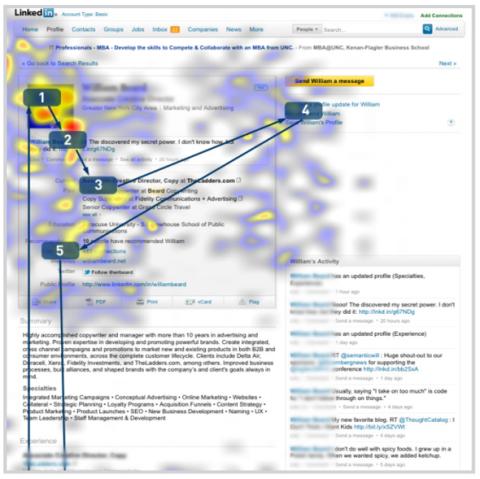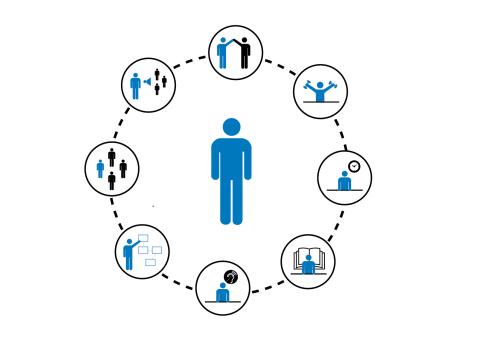Employment statistics today tell us that, though many of you start out your doctoral studies and postdoctoral training to pursue a career in academic research, the majority (the latest figure is about 70%) wind up in careers outside of academia. This change in focus may occur gradually over time or may be precipitated by a specific event and happen much more rapidly. This changing employment demographic means that a great number of you will need to sit down with your PIs or mentors to inform them of your new career path.
The answer to this question in most instances is no; however this may seem to be the case if you are relying too heavily on your PI for this function. You must always remember, the person most responsible for your career development is the person who benefits most from it - you! Many trainees feel that their mentors are too busy and/or too important to “bother” them with their questions or thoughts. That shouldn’t be the case – they are there to help you learn and pass along their scientific knowledge to a new generation.

Employers almost always seek candidates with strong communication skills. In a world where much of our interactions are digital, written communication skills take precedence. Maybe you have always struggled with writing, or maybe you have to write in a language that is not your native tongue.
The time has arrived - you are in search of a new position! Besides getting your CV/resume in shape, working on those cover letters, and looking at position postings, you are also sending out requests for letters of recommendation. Hold that thought though – especially if you are a woman!

Science seems to be one of the more international professions. Most research groups are made up of individuals from many countries. In the US, 60% of the postdoc population is foreign. An increasing number of US PhDs are also doing research abroad. How does this influence us as scientists and what are some pros and cons about a research career that incorporates international elements?
Pros:


Traditionally, soft skills were viewed as a secondary bonus to an applicant’s technical skill set; however, in today’s extremely competitive job market, employers are looking for proof of a mix of both hard and soft skills. In fact, recruiters will view a lack of demonstrated leadership or extracurricular activities on your resume as a potential red flag.
The season for medical school interviews is quickly approaching. If you have completed your secondary medical school application and been offered an interview, then congratulations! Schools don’t typically bring you in for an interview unless they are strongly considering your candidacy. Bearing this in mind, many times the interview is more about your fit with the program rather than your scores and credentials. Schools use an interview to evaluate your professionalism, maturity, and personality.

As we’ve discussed in previous blog posts, it can be really difficult to stay positive during a job search. However, positivity is often a key characteristic of the most productive job searchers and luckily, there are things you can do to help enhance your own optimism.

In the United States, federal and state laws prohibit prospective employers from asking certain questions that are not related to the job for which they are hiring; however, most interviewers are not deliberately trying to discriminate against job applicants. In fact, many illegal* interview questions come out unintentionally in a conversational tone. As an example, an interviewer could start the interview with some ice breaker type questions and say, “You have such an interesting name!

